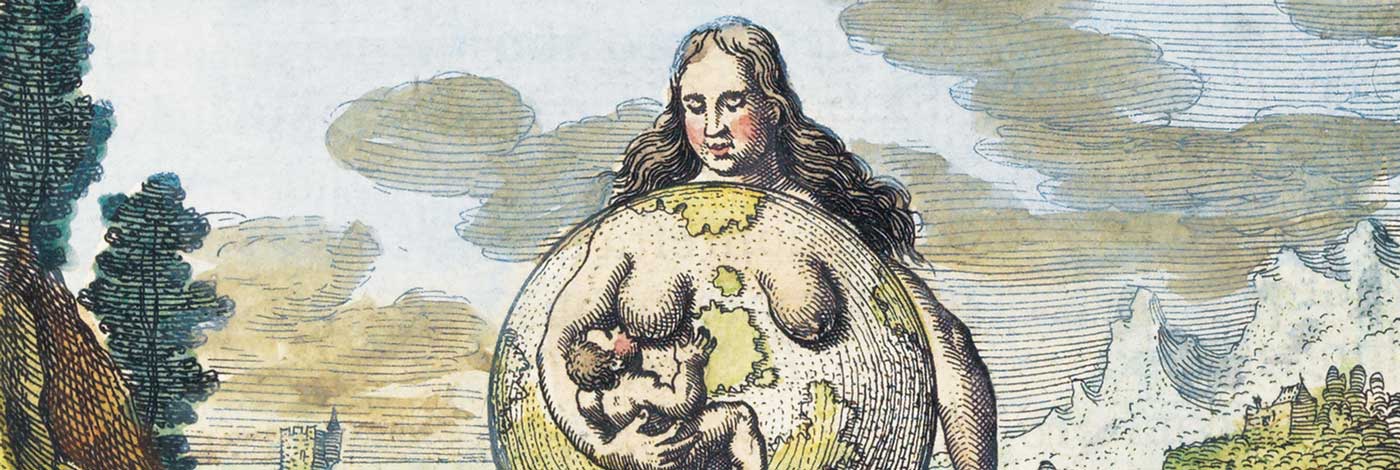
 Anthropozoologica
39 (1) - Pages 61-72
Anthropozoologica
39 (1) - Pages 61-72Bullfighting games were imported in Mexico, as ox and horse in general, by the Spanish, who have imposed by the way an unknown paradigm in ancient Mesoamerica: the western distinction between utilitarian animal and leisure animal. However, these games have been transformed within local tradition's festival concept (charreada, jaripeo, torito) in a paradoxical way: bull riding (or, on the contrary, man riding by a represented bull made of painted paper and corn cane), that is to say a kind of derision of horsemanship. Turning aside from diffusion and acculturation purposes, the author highlights the Mexican combination, which confounds systematically rider, mount, animal and human being, as an original interpretation of ox and horse who integrates "imperialist animals" in indigenous cosmogony and mind.
Bullfighting and Horse games, Mexico, riding, domestication, animal representations, indigenous culture.